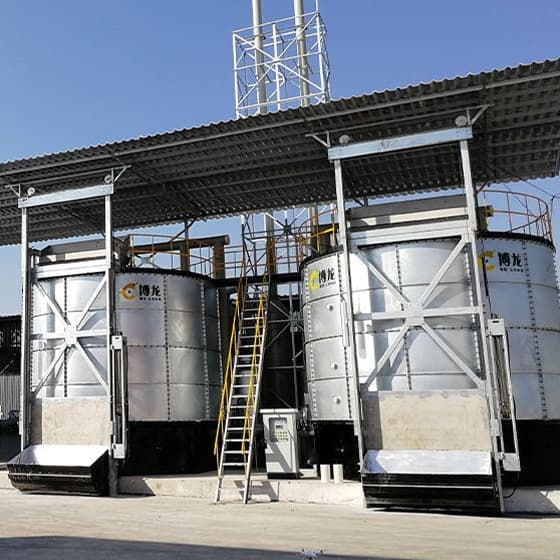Introduction: Biodiversity is essential for resilient and sustainable farming systems. Livestock fermentation tanks contribute to farm biodiversity by supporting soil health and habitat diversity. This article explores their role in enhancing farm biodiversity.

Soil Health: The compost produced by fermentation tanks improves soil fertility and microbial activity. Healthy soils support diverse plant and animal life, contributing to overall farm biodiversity.
Habitat Creation: Fermentation tanks reduce raw manure accumulation, which can create harmful conditions for wildlife. Improved manure management creates healthier habitats for beneficial insects, birds, and other wildlife.
Sustainable Practices: By promoting sustainable manure management, fermentation tanks reduce the environmental impact of farming. This supports biodiversity conservation and the health of ecosystems.
Case Study: A livestock farm used fermentation tanks to manage manure and produce compost. The farm observed increased soil health, higher crop diversity, and more wildlife activity, enhancing farm biodiversity.

Conclusion: Livestock fermentation tanks support farm biodiversity by improving soil health, creating habitats, and promoting sustainable practices. These benefits enhance the resilience and sustainability of agricultural ecosystems.